As we end the year 2023, I wanted to shout out a number of great historical works that I read this year. These aren’t necessarily books that came out this year; rather, they are works that I finished around this year and I found especially illuminating and interesting. Such works are not restricted to just the Eurasian steppes (and in fact, a majority embarrassingly aren’t). As a lover of history across the world, many of the books here examine the myriad of places and cultures that inhabit this planet. If you’re looking for some holiday presents or new reading for the next year, I hope this list is of help!
To make this process a bit easier, I’ll also include some remarks and a quick rating (set to either Must Buy or Interesting).
And now, let’s begin.
Title: The Making of the Medieval Middle East: Religion, Society, and Simple Believers
Author: Jack Tannous
Rating: Must Buy
This was by far the most powerful book I had read. Jack Tannous dives into a sector of society that so rarely is given the spotlight in history. Works such as Carlo Ginzburg’s The Cheese and the Worm have helped in illuminating this dark spot, but we are continually plagued by a lack of sources that talk specifically about the common individual. What Jack Tannous does here is he takes many different sources and identifies what we can really gleam about ordinary individuals living in the Late Antique and early Islamic age. Jack Tannous examines texts by priests and leaders, and rather than take such points at face value, he poses questions as to why certain criticisms or decrees were made. A question from a Christian man asking if he could attend a Muslim friend’s funeral raises dozens of points about what ordinary society may have been like in an era of fluidity and religious exchange. I learned so much from this book, whether it was on how the different Christian sects and various religions interacted with each other, or if it was on the simple things: weddings, funerals, and feast days. If you wanted to learn more about how the ordinary, the simple, lived, this is the book.
Title: Kingdoms of Faith: A New History of Islamic Spain
Author: Brian Catlos
Rating: Must Buy
This book made me feel a whole host of emotions. The world of al-Andalus, the history of medieval Iberia, is a story that I’ve always been captivated by. I have listened to Sharyn Eastaugh’s Reconquista podcast religiously, and I’ve consumed quite a few other works on the subject. Brian Catlos’ work has only furthered my love of this particular era of history. Catlos goes through the whole swathe of al-Andalus, from its inception to its fall to the echoes that it left behind in the centuries after. Like some of the other works in this list, it is comprehensive and sweeping. At the same time, its quite poetic and its prose helps illustrate the equally chaotic and cosmopolitan world that had existed in this period of time. The writing is vivid and descriptive, and thankfully, it covers more than just the politics and powerful leaders. For anyone with any interest in medieval Spain, al-Andalus, and the Islamic heritage of Europe, this is the book.
Title: Life Along the Silk Road: Second Edition
Author: Susan Whitfield
Rating: Must Read
Oh, how I love this work so much. Susan Whitfield excellently crafts a set of narratives (fictional, but historically and academically sound at their core) that describe what life on the Silk Road would have been like. Set around 700-800 CE, this book examines a number of different personas and localities: a courtesan in Dunhuang, a pilgrim in the Himalayan Mountains, a soldier from Tibet. What’s special about this book is that it really highlights the cosmopolitan nature of the Silk Road, and how individuals may have interacted with such a world. It is one of those books that really helps you understand the humanity in history. Like Jack Tannous’ book, we get an amazing view of the lives that may have existed during the height of the Silk Road.
Title: Arabs: A 3,000-Year History of Peoples, Tribes and Empires
Author: Tim Mackintosh-Smith
Rating: Must Read
This is a bit cheating. I technically listened to the Audiobook, so I didn’t necessarily read this one. However, this was a really interesting and comprehensive work. It examines the history of the Middle East, while maintaining a spotlight on the Arab peoples for its entire duration. What’s particularly special is how it even examines the pre-Islamic era and the Ottoman era, aspects of Arabian history that are often sidelined. Subjects like the ancient Marib Dam or the early modern Indian Ocean trade are actually given the focus and attention I’ve always thought was underexamined. The work is snappy, and the writing is quite lucid. In audio form, there were a lot of times that I found myself deeply engaged or laughing. Tim Mackintosh-Smith is certainly a sarcastic bastard, and it, in my opinion, enhances the work significantly.
Title: The Throne of Adulis: Red Sea Wars on the Eve of Islam
Author: G.W. Bowersock
Rating: Interesting
The Throne of Adulis highlights an often underlooked region of the Late Antique. In Ethiopia, a thriving Christian kingdom was making imperial advances toward its immediate neighbors and across the Red Sea. G.W. Bowersock presents with us an interesting history on how the Kingdom of Axum Christianized, how its kings interacted with great powers like Rome and Persia, and how its intersection with the Arabian Peninsula would later go on to impact early Islamic history. That said, the book isn’t really written as a narrative, and its tone is academic at its core. I think its an interesting book, and anything that dives into more unique facets of history is always appreciated; it just may not be the most captivating or casual thing to read.
Title: Osman's Dream: The History of the Ottoman Empire
Author: Caroline Finkel
Rating: Interesting
Caroline Finkel’s massive tome is an amazing assessment of the Ottoman Empire from its inception to its fall. It is a long read. It is a long book. It is dense, it can be at times complicated, and yet, it is very comprehensive. I’ll admit, there’s a lot that I’ve already forgotten from this work, but as a single book that traces an entire polity’s history, I do have to recommend this one. At least for me, it just gets hard trying to track every single vizier or renegade bey in Anatolia. I know Marc Baer recently released his work on the Ottoman Empire, and at some point I’ll be reading that and I’ll be sure to offer my thoughts.
Title: Jews and the Quran
Author: Meir M. Bar-Asher
Rating: Interesting
A bit of a smaller read, with only a bit over 100 pages in actual length, Jews and the Quran is an eyebrow-raising analysis of the impact Judaism had on early Islam. It dives directly into historical encounters between the Prophet Muhammad and nearby Jewish tribes, and what effects this would have had. I think the book works well in highlighting the intersectionality of history, and how different cultures and faiths intersected one another in deep and meaningful ways. It’s actually a decent paring with Jack Tannous’ work. That said, its length and academic focus might not make it the most fun casual read, so there’s that.





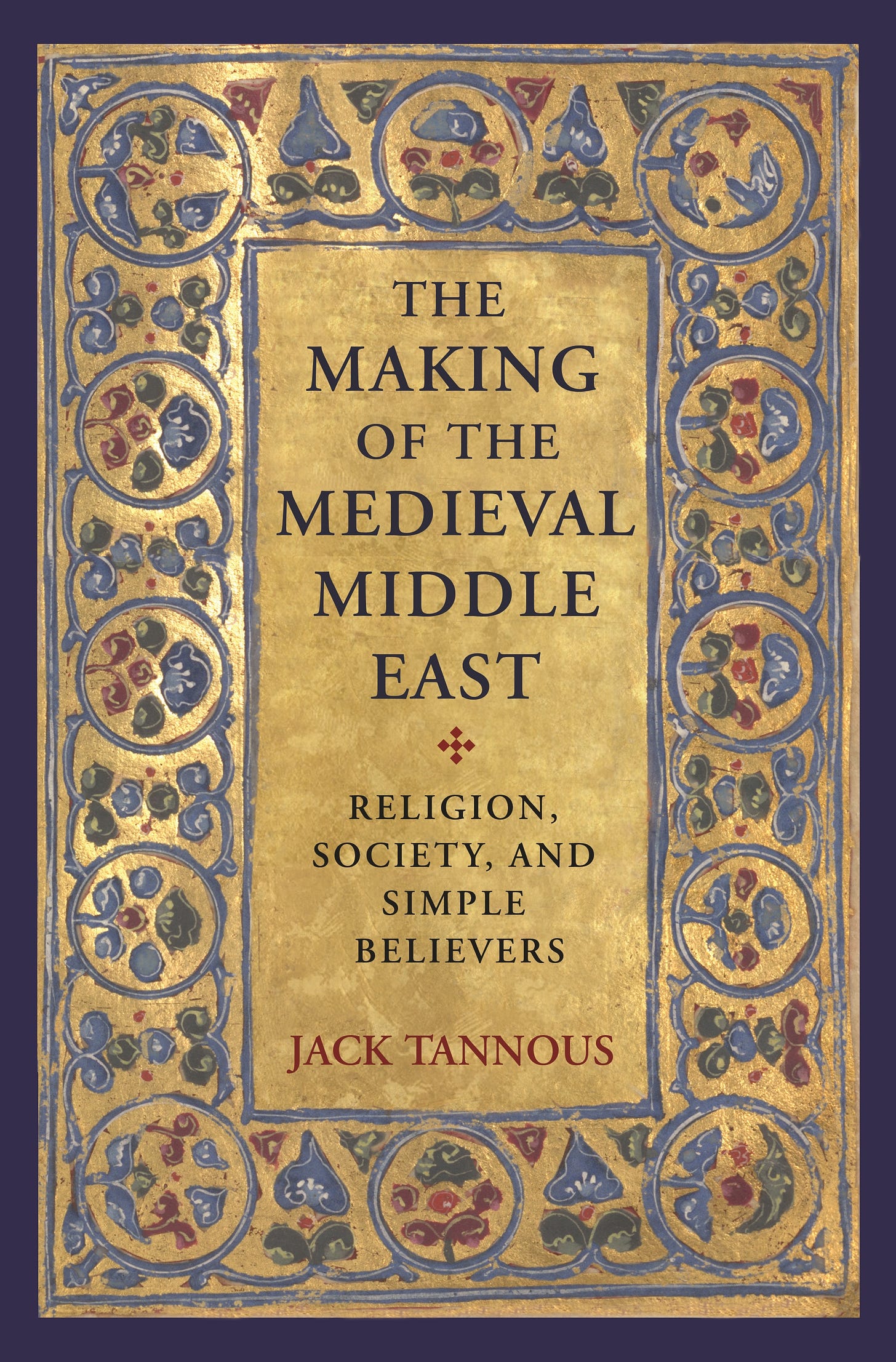
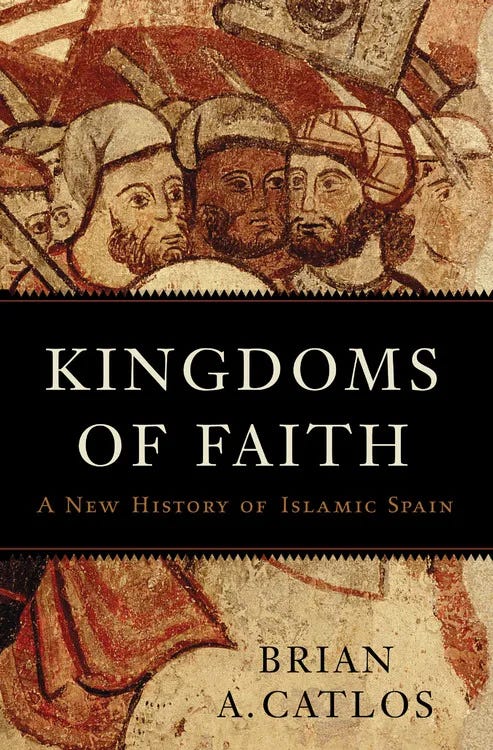
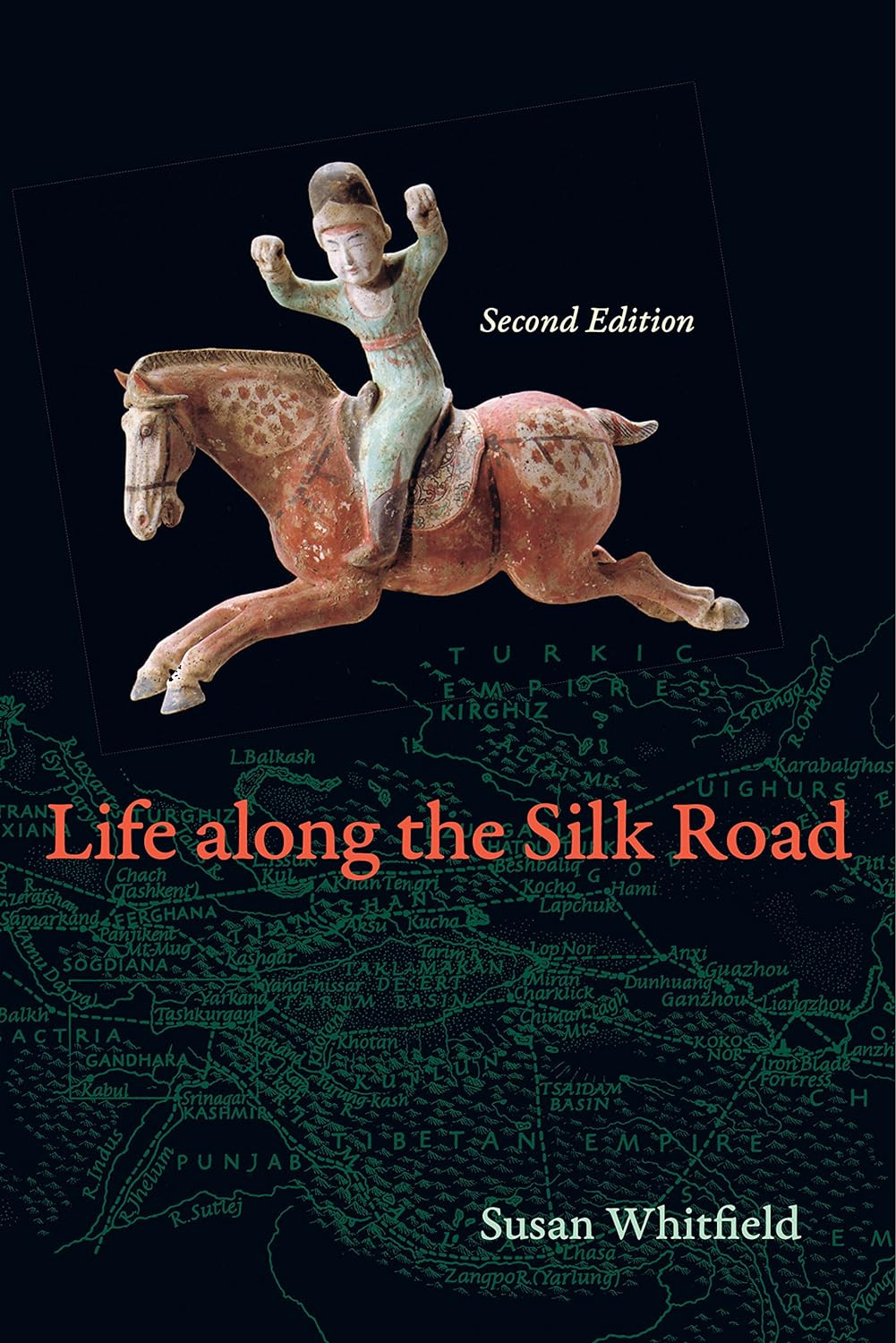
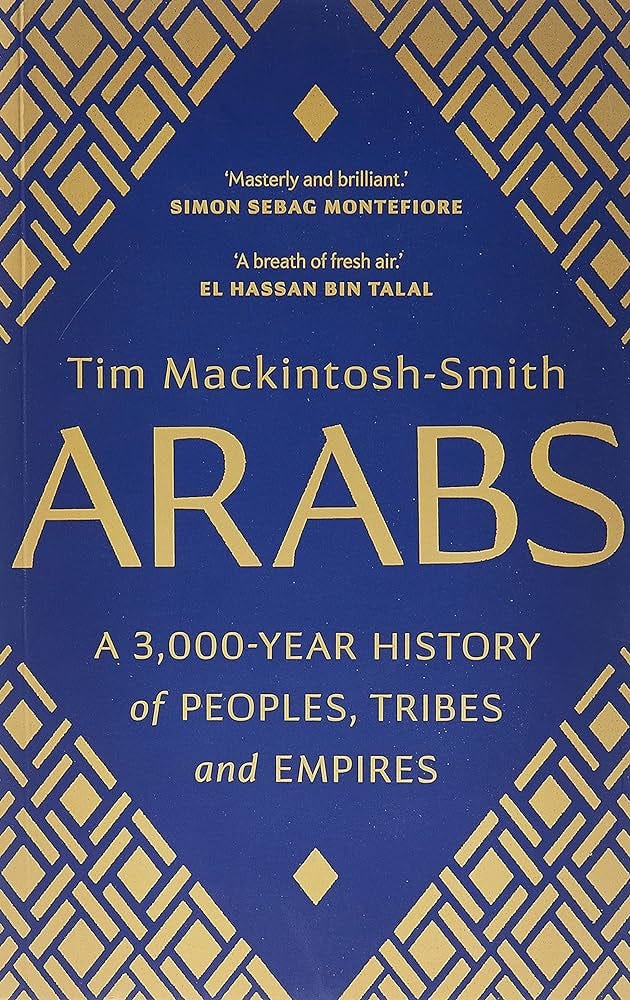
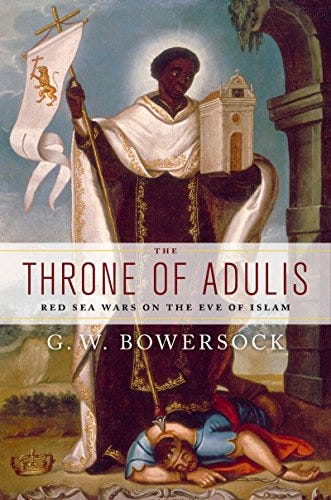
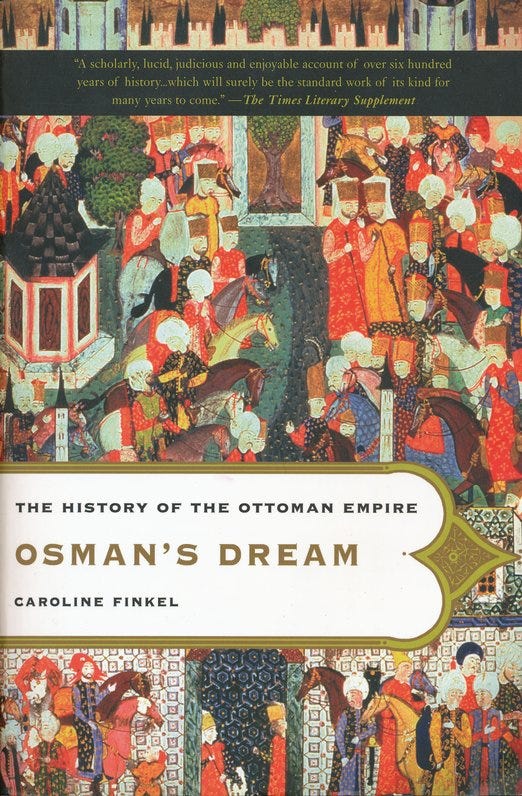
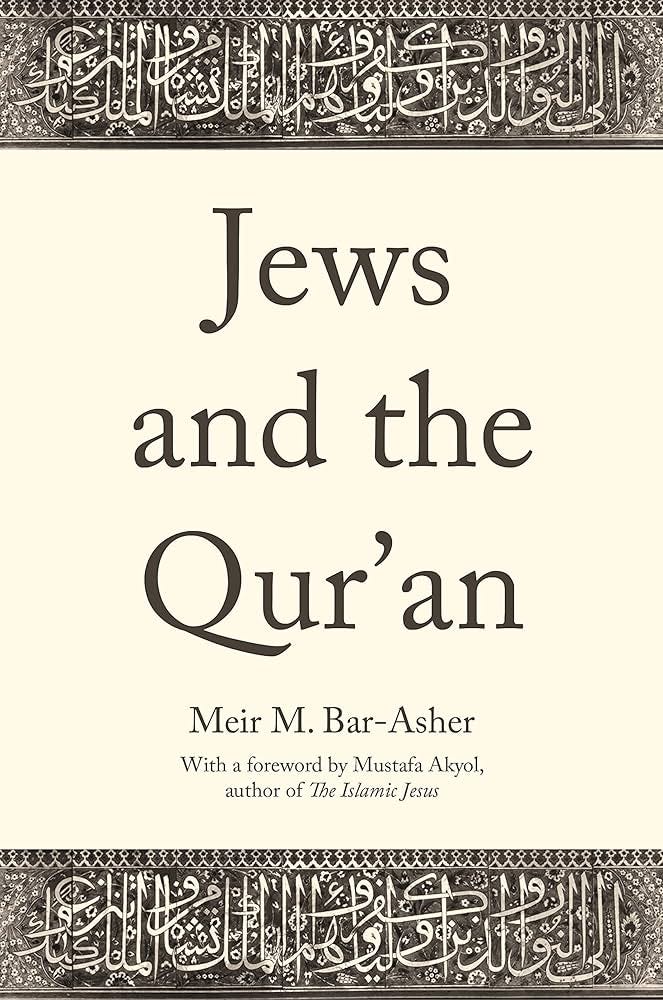
These look like some interesting finds. I loved Silk Road by Beckwith, which I think you mentioned in your podcast. He recently published a book called The Scythian Empire, which I am just starting. I was able to get it via interlibrary loan.